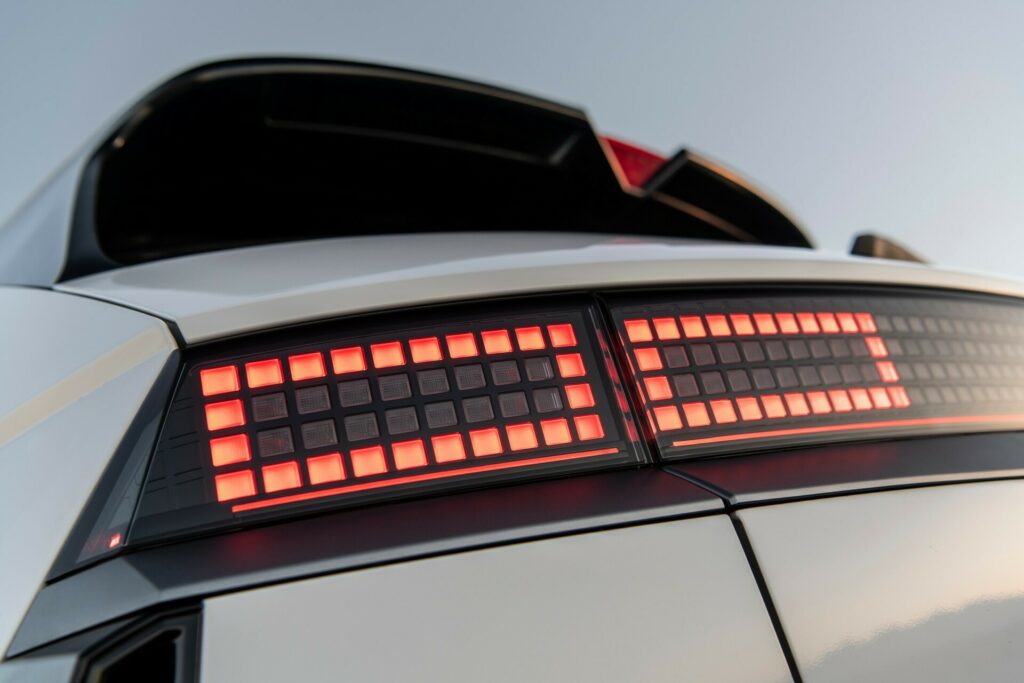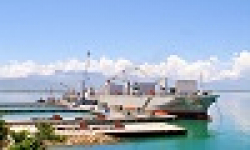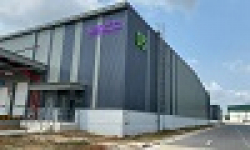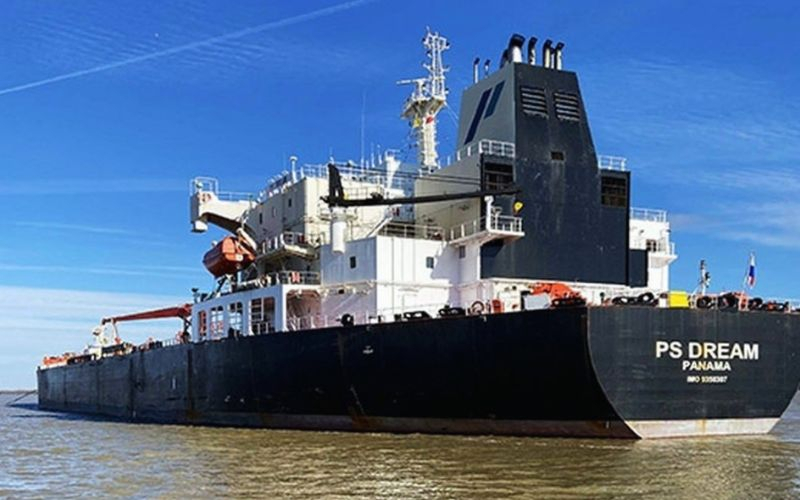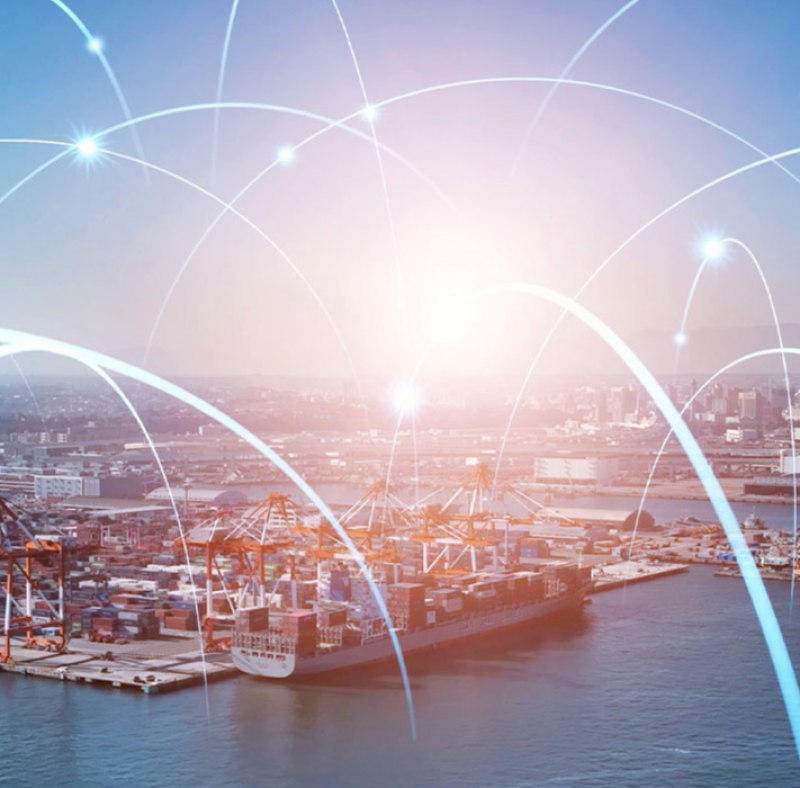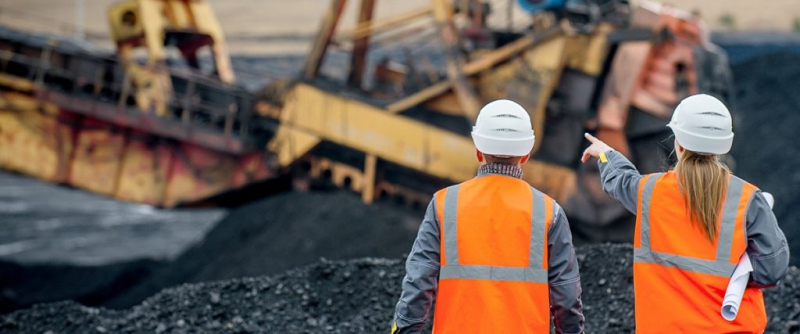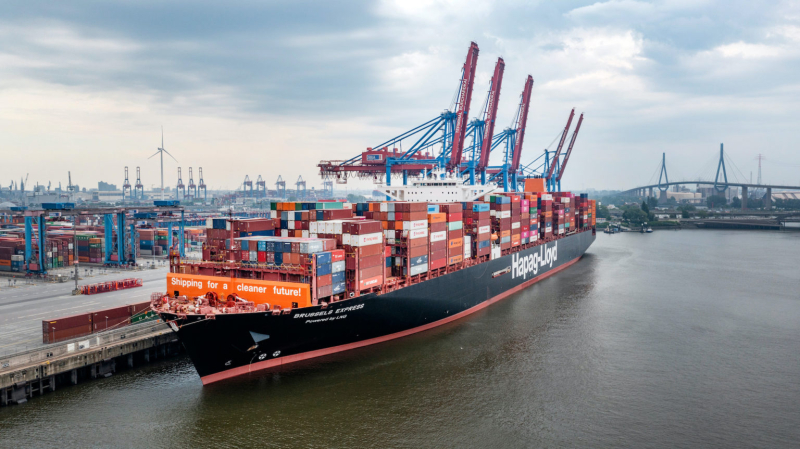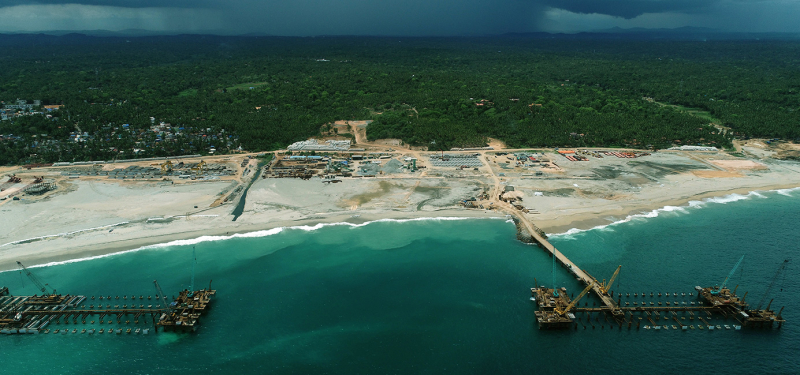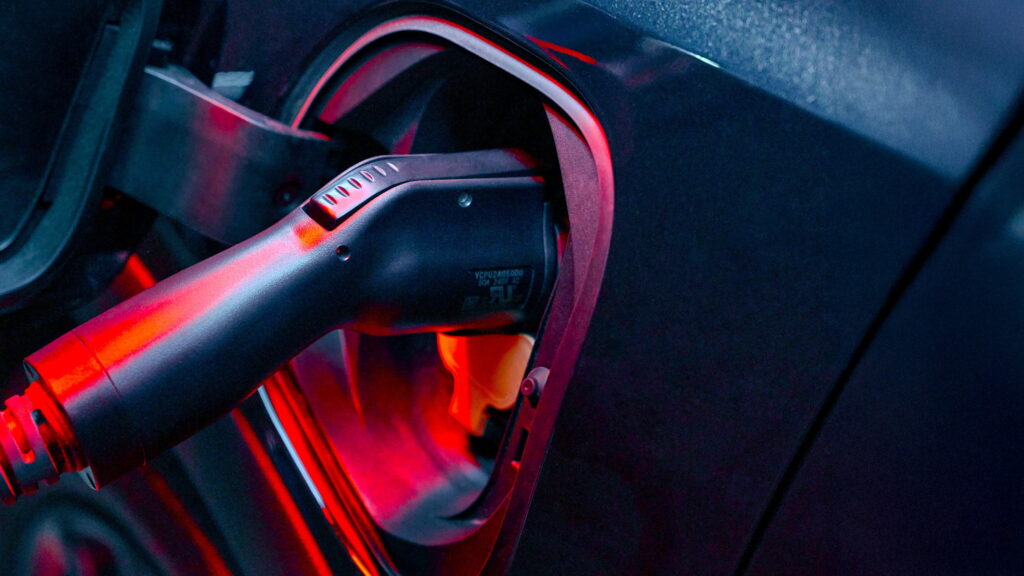
For Hawaiians looking to drive electric, be that a pure EV or PHEV, a new obstacle has rolled in. Matson, Inc., one of the state’s primary shipping providers and a major player in Pacific cargo routes, has decided to stop transporting electric and plug-in hybrid vehicles.
The company serves regions including Alaska, Guam, and Micronesia, but this latest policy shift puts the brakes on EV imports to the islands, at least for now.
In the wake of the Morning Midas shipping disaster in June, when a cargo ship sank due to a fire while carrying 3,048 vehicles, including 70 EVs and 681 hybrid, Matson has raised concerns about transporting vehicles powered by large lithium-ion battery packs.
The decision to halt EV and PHEV shipments comes despite the company previously forming a collaborative team to address the challenges of moving cars equipped with lithium batteries.
Immediate Suspension of EV Shipments
“Due to increasing concern for the safety of transporting vehicles powered by large lithium-ion batteries, Matson is suspending acceptance of used or new electric vehicles (EVs) and plug-in hybrid vehicles for transport aboard its vessels,” the company stated. “Effective immediately, we have ceased accepting new bookings for these shipments to/from all trades.”

As noted by The Maritime Executive, unlike the Morning Midas and other dedicated car carriers such as the Felicity Ace or Fremantle Highway, Matson’s vessels don’t feature large, open storage decks. Instead, all vehicles are shipped in individual containers. That setup, while practical for general cargo, complicates fire detection and suppression compared to specialized roll-on/roll-off car carriers.
Future Possibilities Still on the Table
Hawaii is currently home to about 37,000 electric vehicles, and demand continues to grow. Importantly, Matson’s ban may not be permanent. The shipping firm recently sent a letter to its customers saying it “continues to support industry efforts to develop comprehensive standards and procedures to address fire risk posed by lithium-ion batteries at sea and plans to resume acceptance of them when appropriate safety solutions that meet our requirements can be implemented.”
For now, though, those looking to ship an EV to the islands may have to explore other options, or wait until the industry finds safer ways to move high-voltage cargo across the Pacific.
